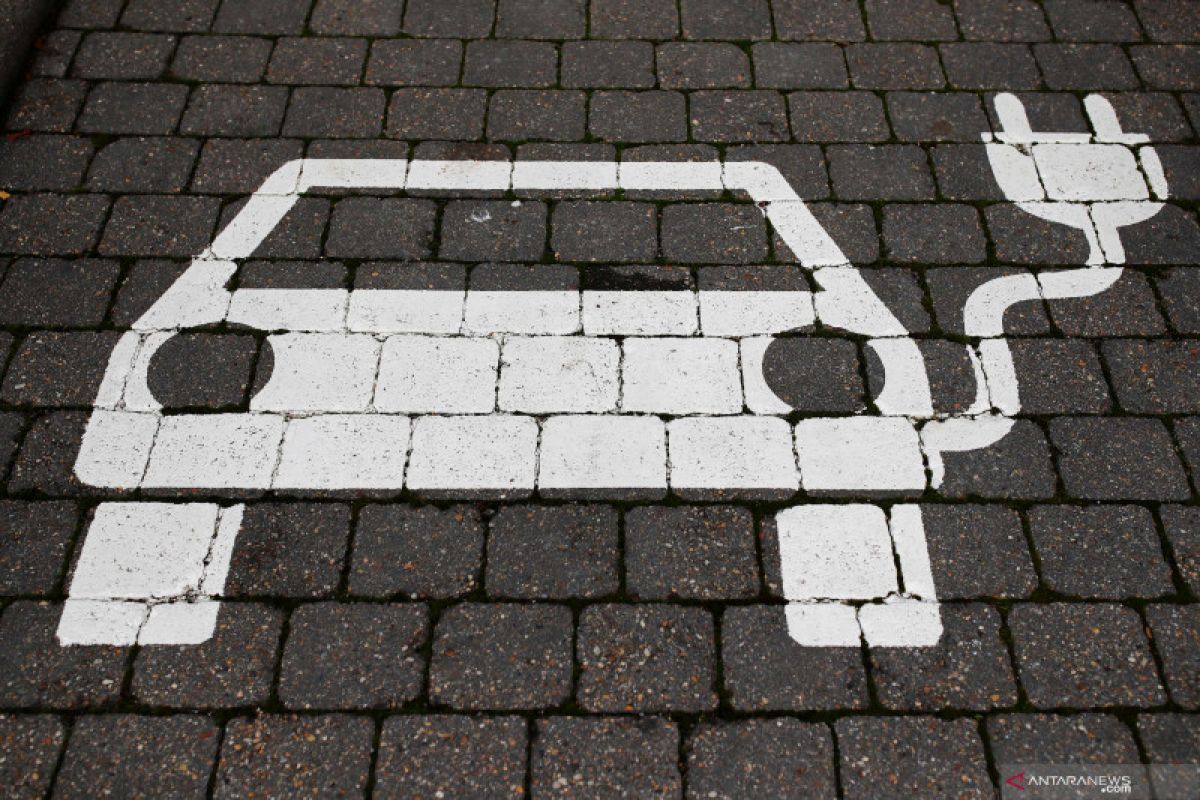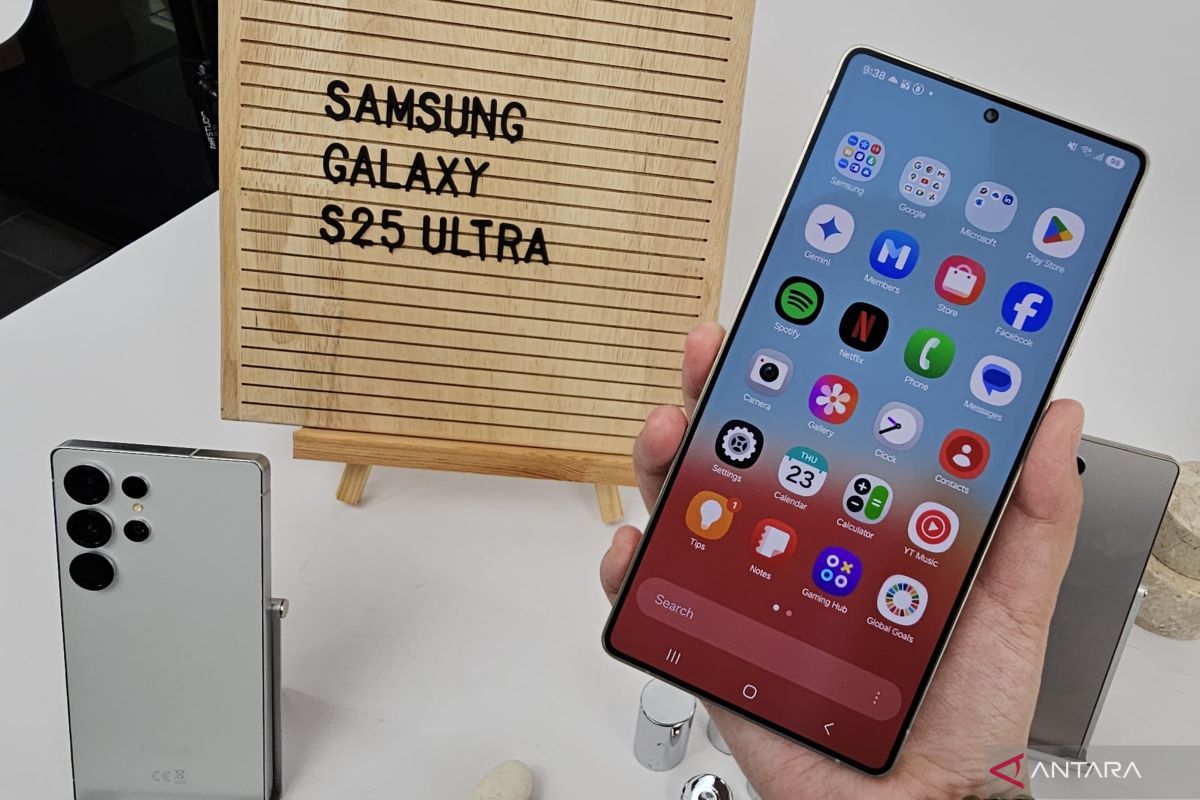TEMPO.CO, Jakarta - Farah Fausa Winarsih, Head of Marketing for Apple Product at PT MAP Zona Adiperkasa (Digimap), stated that as Apple's partner, they have not yet calculated the potential impact of President of the United States Donald Trump's import tariff policy on the price of the iPhone in Indonesia, considering the policy has not been implemented yet.
"Up to now, the price of the iPhone 16 is still the same as during the pre-order, there have been no changes. So, hopefully there won't be any significant impact in the future. I can't confirm whether it will have an impact or not, but hopefully it will remain stable in the coming months," said Farah in Jakarta on Friday, April 11, 2025.
Nevertheless, Farah highlighted the Indonesian government's discourse regarding the relaxation of the Domestic Component Level (TKDN) rules that are projected to be implemented on next-generation products, such as the iPhone 17 series. She welcomed this discourse and hoped that this policy would have a positive impact on the development of the technology industry in the country.
"This might provide a breath of fresh air. When I heard the news, I immediately smiled widely, immediately expressed gratitude, Alhamdulillah," she said. "Hopefully, with the new policy, it will accelerate the sales or the technology industry in Indonesia to develop more quickly."
Minister of Industry Agus Gumiwang Kartasasmita stated that he has signed a memorandum of understanding (MoU) with Apple and agreed on an investment of US$160 million. He mentioned that the negotiation process in the past 5 months has been challenging. However, Agus is grateful that the agreement reached could add economic value to Indonesia. "Alhamdulillah today we signed an MoU between the Ministry of Industry and Apple," said Agus in a press conference at the Ministry of Industry office on Wednesday, February 26, 2025.
Prior to this, as reported by Antara, the Indonesian government has prepared a number of negotiation packages to be brought to talks in Washington DC in response to the reciprocal tariff policy of the United States.
The steps prepared by the government include the deregulation of non-tariff measures (NTMs), such as the relaxation of TKDN rules for the information and communication sector originating from the United States, covering companies such as GE, Apple, Oracle, and Microsoft. Additionally, the government is also evaluating prohibition and restriction policies and expediting halal certification processes.
On Wednesday, April 9, 2025, in the United States, Donald Trump announced a 90-day delay in the implementation of reciprocal tariffs for a number of trade partner countries. However, he still imposed a 125 percent increase in tariffs on products imported from China. Countries initially planned to receive higher reciprocal tariffs are now only subject to a basic tariff of 10 percent, including commodities such as steel, aluminum, and cars.
In a statement he referred to as "Liberation Day," Trump imposed tariffs on 60 countries, a policy that many consider to be the most severe trade barrier imposed by the United States in the past century.
Trump believes that the United States has been a victim of disadvantageous trade agreements. According to him, various countries have flooded the US market with cheap products, which ultimately weakened the competitiveness of local companies and resulted in the loss of domestic jobs.
He also believes that many countries implement various barriers such as high import tariffs and taxes on products from the United States, making American products less competitive in the international market.
However, Trump's intentions are viewed as relatively positive. He is trying to revive the domestic industry and protect American jobs.
Trump refers to his tariff policy as reciprocal-a response to trade policies of partner countries. However, this claim has sparked debates. Many countries feel that their policies have not led to tariffs as high as those currently imposed by the US.
Media outlets such as the BBC, New York Times, and Euronews reveal that Trump's tariffs are used as a means to reduce the US trade deficit.
The White House calls it a complex formula, but in reality, it is a simple formula: the US trade deficit with a certain country divided by the total imports from that country, then the result is divided by two.
Some economists even find this formula strange and only logical according to Trump's own logic.
Defara Dhanya contributed to this article.
Editor's Choice: Apple Rumored to Launch iPhone Fold in 2026
Click here to get the latest news updates from Tempo on Google News














































